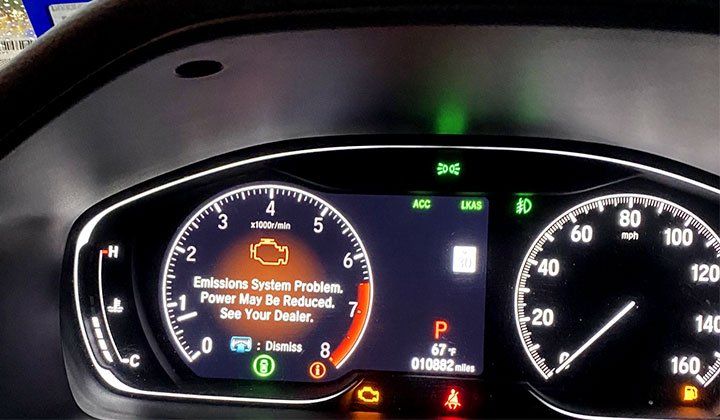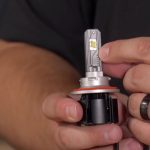The “Emissions System Problem” warning on a Honda Accord typically indicates an issue with the vehicle’s emissions control system.
It is usually a sign that there is a problem with the emission system or some other related parts in your Honda Accord if the check emissions system light is on.
Depending on the issue, it can range from a small vacuum leak to problems with the catalytic converter.
What Happens When There Is Emissions System Problem On Honda Accord?
You will not be able to pass the emissions test for your Honda Accord if it has a problem with its catalytic converter.
The engine will show a lack of performance, and your fuel economy will decline. Overheating can cause additional problems for your automobile because it runs at a higher temperature.
The emissions system is responsible for reducing and controlling the harmful pollutants that come from the engine and exhaust.
When this warning appears, it suggests that there may be a problem with one or more components of the emissions system.
It is best to attach an OBD II scan tool to the car and let the tool read the code that is stored in the ECU that caused the light to come on to get a better idea of what the problem is.
What Causes Emissions System Problem On Honda Accord?
Here are some common reasons for this warning to appear:
Malfunctioning Oxygen Sensor
The oxygen sensor measures the level of oxygen in the exhaust gases and helps the engine control unit (ECU) adjust the air-fuel mixture for optimal combustion. A malfunctioning oxygen sensor can trigger the warning.
Catalytic Converter Issues
The catalytic converter is responsible for reducing harmful emissions by converting them into less harmful gases. Problems with the catalytic converter, such as clogs or damage, can trigger the warning.
Gas Cap Issues
A loose or damaged gas cap can cause the system to detect a leak in the fuel vapor system, leading to the warning light.
Exhaust System Leaks
Leaks or damage in the exhaust system can allow unfiltered exhaust gases to escape, triggering the warning.
Faulty EGR Valve
The Exhaust Gas Recirculation (EGR) valve controls the recirculation of exhaust gases into the intake manifold. A malfunctioning EGR valve can lead to emissions problems.
Evaporative Emissions Control System (EVAP) Issues
The EVAP system is designed to capture and store fuel vapor emissions. Problems with components like the EVAP canister, purge valve, or vent valve can trigger the warning.
Faulty Mass Airflow Sensor (MAF)
The MAF sensor measures the amount of air entering the engine, helping to control the air-fuel mixture. If it malfunctions, it can lead to emissions issues.
Wiring or Connector Problems: Damaged wiring or connectors in the emissions system can disrupt sensor signals and trigger the warning.
Troubleshooting Emissions System Problem On Honda Accord
Check your car’s engine light for any emissions system problems. If water is leaking into your air conditioning, it may cause freezing and other issues.
The check engine light on a Honda Accord will turn on when you have a problem with the mass air flow sensor. If that light comes on, always make sure that the wiring is in good working order.
An O2 sensor malfunction can also cause a car to fail an emissions test. The vacuum system in every Honda Accord is capable of performing many different tasks.
Additionally, the vacuum system reduces harmful emissions by routing exhaust fumes through the engine when gasoline evaporates. During idle or during random surges, you might notice that your engine is spinning at a high RPM.
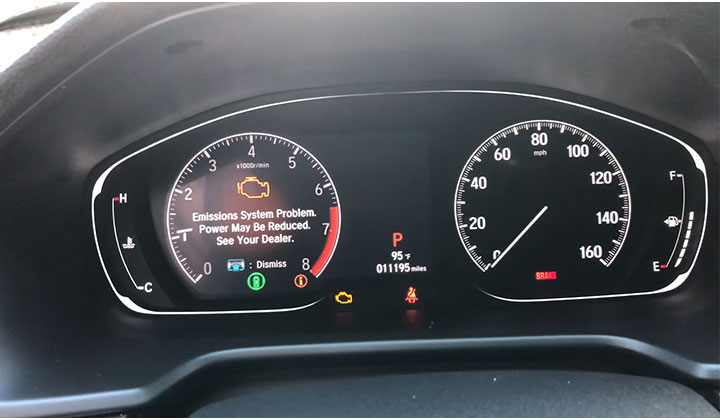
Faulty seals or gaskets could be to blame for power steering and other Issues on your Honda Accord. An air intake sensor might be causing your car to stall/misfire–so bring it in for inspection.
Be sure to keep an eye out for defective parts on your Honda Accord –and if you notice anything amiss, don’t hesitate to take it in for a check-up.
Check Engine Light Could Indicate Emissions System Problems
Honda Accord owners may experience a Check Engine Light problem with their car emissions system.
The light could indicate problems such as an air filter or catalytic converter failure, which can lead to poor fuel economy and reduced performance.
A faulty emissions control unit will also cause the light to turn on, along with other warning signs that should be investigated by a mechanic ASAP.
If you are experiencing any of these issues, it is important to take your car in for service as soon as possible so the issue can be corrected before it causes further damage or inconvenience.
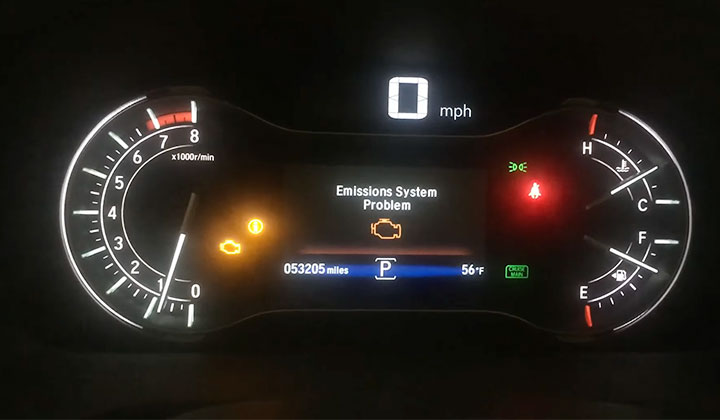
If Water Is Leaking Into Air Conditioning, It May Cause Freezing & Other Issues
Honda Accord emissions system problems can be difficult to diagnose and may even cause freezing or other issues in the car.
If you notice water leaking into your air conditioning, it’s important to take action as soon as possible so that these complications don’t arise.
A faulty emissions system might not only result in cold temperatures but also increased gas consumption and decreased engine performance over time.
By understanding what the emission light on your dashboard means, you can troubleshoot any potential issues with your Accord’s emissions software before they become too serious or costly to fix.
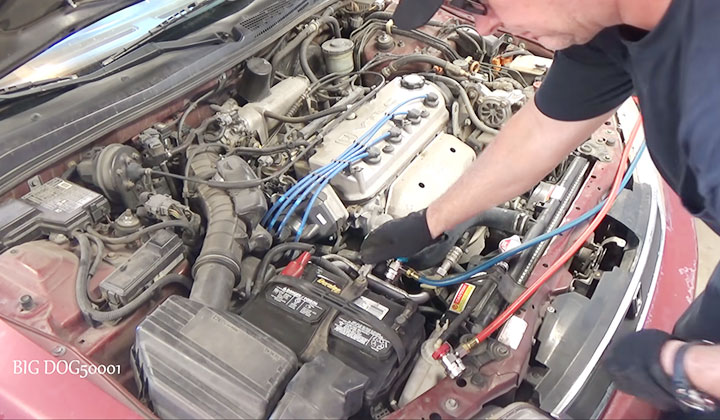
Check for leaks around vents and seams where the tubing meets metal–these are common locations for moisture intrusion under heavy use conditions like a hot summer day.
Faulty Seals Or Gaskets Might Cause Power Steering And Other Issues
Honda Accord emissions system problems can be caused by a number of issues, including faulty seals or gaskets. If you experience power steering and other issues, it’s important to take your car to a mechanic for inspection.
There are many potential causes for emissions system problems with the Honda Accord, so don’t wait until it gets worse before trying to fix it yourself.
Be sure to keep an eye on your car’s emission readings in order to detect any changes that might indicate a problem early on.
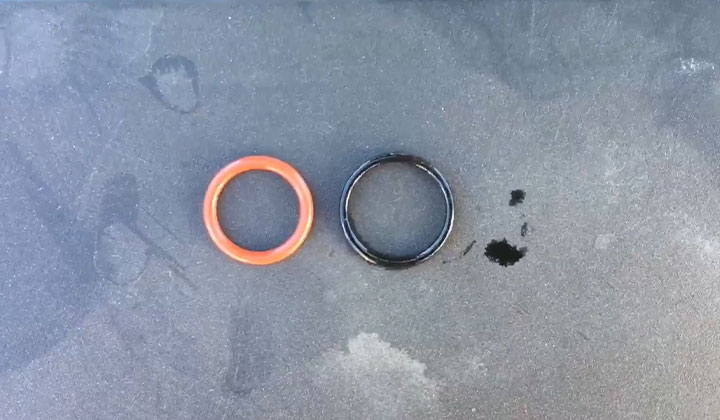
Don’t hesitate to bring your Honda Accord in if you notice any irregularities with its emissions system – it could save you money and headaches down the road.
Air Intake Sensor May Be To Blame For Car Stalling/Misfiring
Honda Accord owners may experience car stalls and misfires due to emissions system problems. If your air intake sensor is malfunctioning, it could be the culprit behind these issues.
You can replace the sensor on your own or take your Accord to a mechanic for help. Be sure to keep an eye out for warning signs such as code readings and poor fuel economy in order to address this issue quickly before it becomes worse.
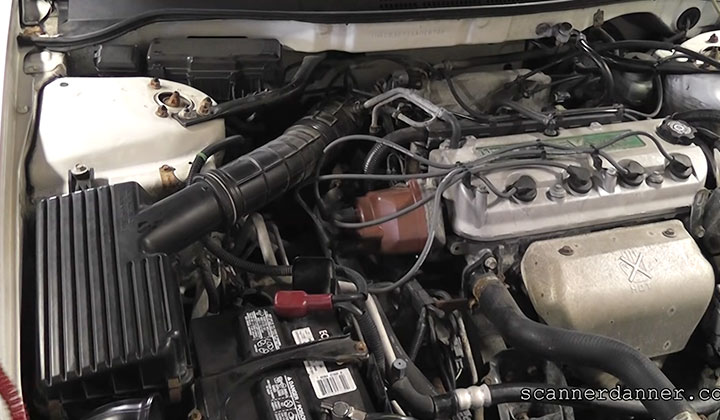
Avoid driving your Accord if you notice any of these symptoms; instead, bring it into a dealership for repairs right away.
Bring Your Honda Accord In For Inspection If You Notice Any Defective Parts
If you notice any defective parts on your Honda Accord, it is important to bring the car in for inspection. The emissions system can malfunction and cause poor performance or even a loss of power.
By having your Honda inspected, you can determine the necessary repairs and avoid any costly issues down the road.
Defective parts may also lead to increased gas bills and decreased fuel economy over time as they wear out more quickly than normal.
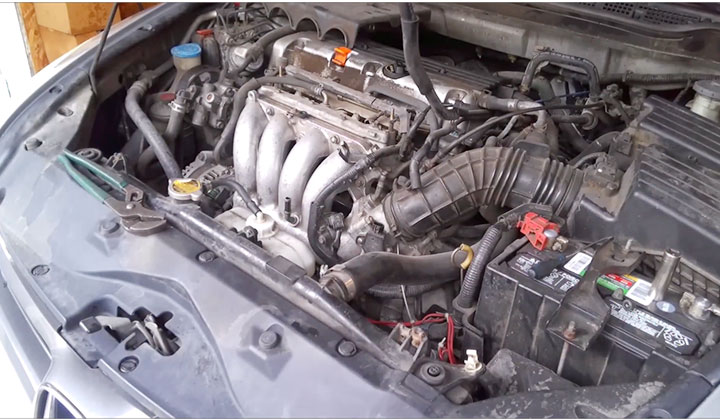
Always take care of your vehicle by visiting an authorized dealer if there are signs of trouble – this will help ensure long-term reliability and durability for your Honda Accord.
Can you drive with the emission control system light on?
Driving without the light will result in a penalty, even if your vehicle has an emissions control system. The light on your car shows that you are driving in compliance with regulations; it’s important to follow them.
If you’re not using the emission control system, turn off the headlights and taillights so as not to cause inconvenience or confusion to other drivers. It is illegal to drive while having any type of headlight on unless it is for emergency purposes only.
Remember: always abide by traffic regulations when behind the wheel – they play an important role in keeping everyone safe.
How much is a catalytic converter Honda Accord?
If your Honda Accord has over 100,000 miles on it, you may want to consider replacing its catalytic converter as it gets harder and more expensive to fix.
The average cost for a Honda Accord catalytic converter replacement is between $2,027 and $2,092. Labor costs are estimated between $96 and $121 while parts prices are priced between $1,931 and $1,971 if your vehicle has over 100K miles on it.
Replacing the catalytic converter can save you money in the long run if your car has exceeded its original lifespan expectancy by that much. Try to fix the catalytic converter before replacing if viable.
How much does it cost to fix an emission control system?
The Emission Control System affects how your car performs on the road, and many emission control systems can be repaired or replaced by a mechanic.
The cost of repairing an emission control system may vary depending on the cause of the failure, with repairs starting around $175 and ranging up to $500.
Many emission control systems can be repaired or replaced by a mechanic; however, the cost of repairing an emissions control system may vary depending on the cause of failure.
To Recap
There could be a problem with the emissions system on your Honda Accord, so it is important to have it checked out.
Check for any abnormal noises or smells from the engine and look for any signs of tampering. If you find anything wrong, take your car in for service as soon as possible.

